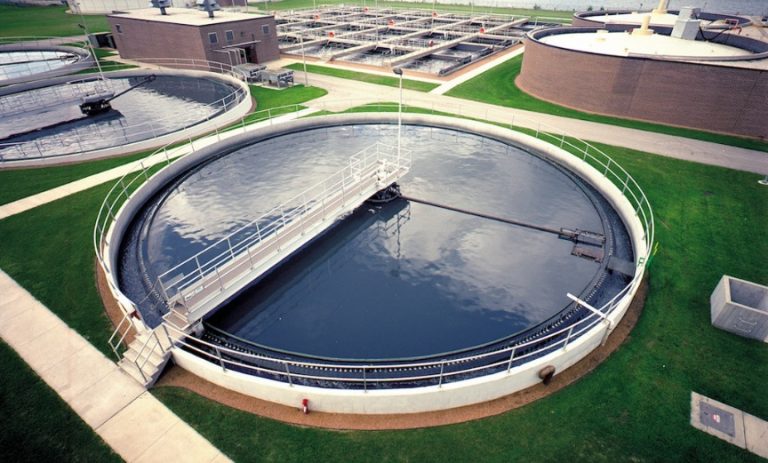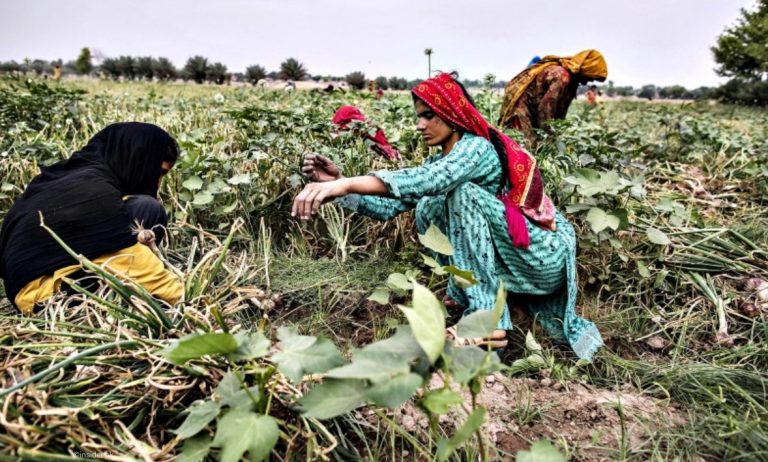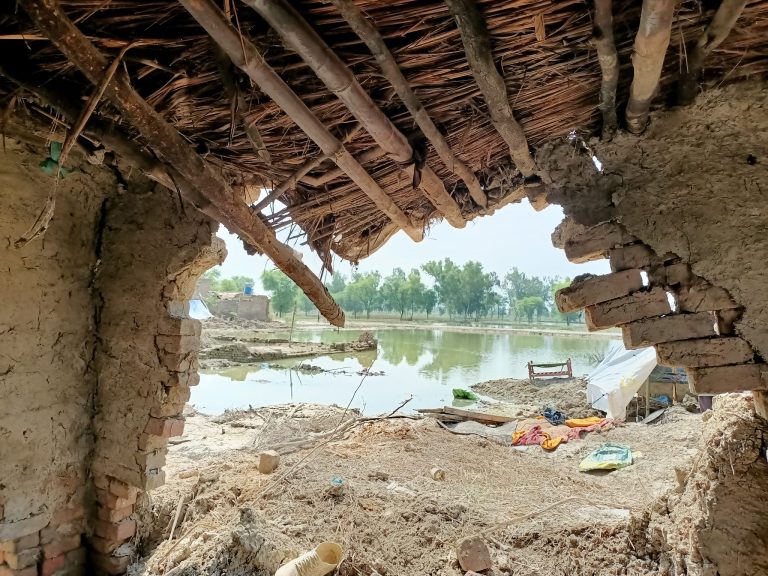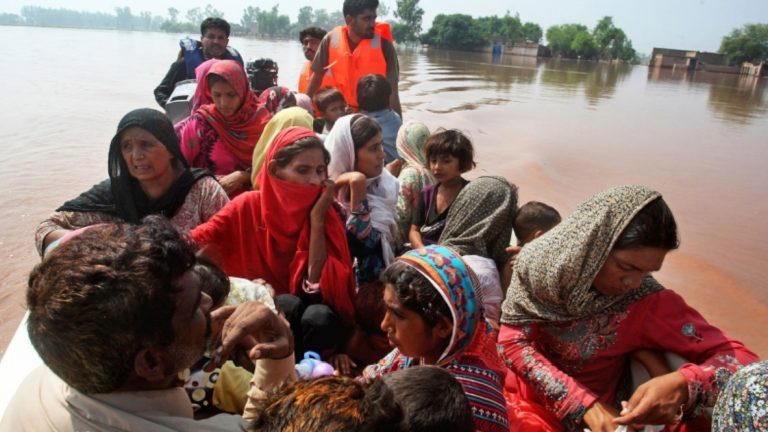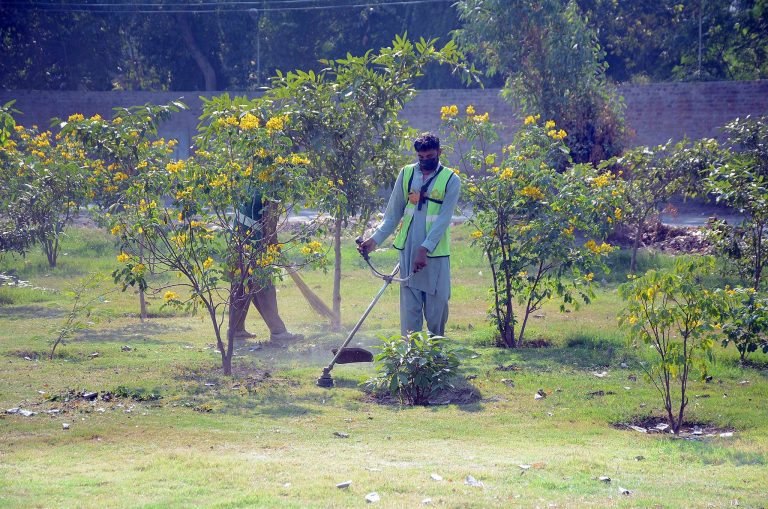Climate Challenges echoed at the International Lyallpur History Conference
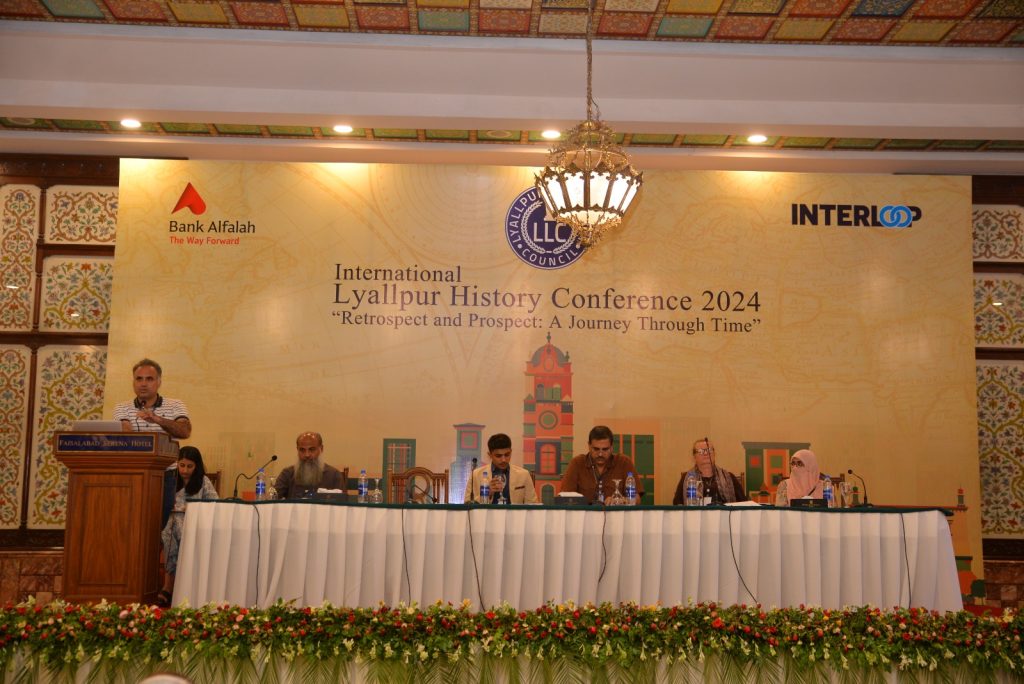
Faisalabad faces increasingly severe environmental challenges due to rapid industrialization and population growth. These issues are becoming a focal point in academic and literary discussions across the city. At the recent International Lyallpur History Conference, organized by the Lyallpur Literary Council (LLC) and Lyallpur Young Historian Club (LYHC), a session titled “Systematic Transformation and Sustainable Futures: Social Dynamics and Climate Challenges in Punjab” delved into these pressing concerns.
Dr. Muhammad Arfan, an independent researcher with a PhD in Integrated Water Resources Management from the US-Pakistan Centre for Advanced Studies in Water, Jamshoro, Sindh, presented the keynote paper. His research, titled “Rethinking Agriculture Production in the Indus Basin: Path Dependency, Technocratic Dominance, and the Need for Sustainable Transition,” critically examined the environmental repercussions of agricultural practices in the Indus Basin, established during the colonial era.
Dr. Muhammad Arfan highlighted the historical and ongoing environmental challenges in the Indus Basin, emphasizing how the land enclosure process, initiated during the colonial period, played a pivotal role in feeding united India and later, both Pakistan and India. However, he noted that post-colonial states have perpetuated these colonial legacies by establishing new canal colonies and constructing large dams and canal infrastructures, often glorified as “new temples of modernization.” This continuation has led to environmental stagnation, necessitating a critical reevaluation of agricultural practices toward more sustainable methods.
In his discussion on the environmental impact of establishing Lyallpur (now Faisalabad) as a canal colony, Dr. Arfan pointed out that while the canal system spurred settlement and agricultural development, it also caused significant environmental degradation. The benefits of these developments are often highlighted, but the adverse effects on the local environment and population are rarely addressed. He also noted that the canal system was a tool for controlling the rural population through water management.
Dr. Arfan observed that the agricultural development in the eight Punjab districts irrigated by canals from the Chenab and Sutlej rivers outpaced that in the other 21 districts of the province. However, this progress came with a high environmental cost, as rising water levels led to widespread health issues, including epidemics that affected up to 75% of the population in some villages.
He criticized the narrow focus of farmers’ organizations in Pakistan, which tend to concentrate on protesting price increases for agricultural inputs and crops, while neglecting the fundamental issues plaguing the agricultural sector. This oversight, he argued, has contributed to the sectors on going decline. Dr. Arfan emphasized the urgent need for sustainable agricultural practices to address these challenges and ensure the long-term viability of the sector.
Historically, farmers’ movements have concentrated on land rights and improving working conditions, with less attention given to the sustainability of the current agricultural production model. Dr. Arfan advocated for a future farmers’ movement that prioritizes the practical implementation of agro ecological principles and actively rejects the influence of large agricultural corporations.
He further elaborated on the historical context, stating that when Lyallpur was established as Canal Colony in 1882 by diverting water from the Chenab River, it caused the water table to rise and increased soil moisture, leading to various types of fevers and epidemics. Official records from 1901 to 1917 indicate that two-thirds of the population was affected, with some villages losing 50% to 70% of their population to these epidemics. This grim reality, he stressed, is a largely forgotten chapter in history, underscoring the heavy toll paid by the population as a result of these settlements.
Dr. Muhammad Arfan connected the region’s current climate change challenges directly to the colonial-era settlements established during British rule. He pointed out that even after the creation of Pakistan, the country’s leaders continued to endorse corporate and capitalist agricultural practices. As a result, the region has experienced significant shifts in rainfall patterns and a drastic decline in groundwater levels—initially rising, but now alarmingly depleted. One of the most pressing issues today, he noted, is soil degradation. The fertility of the soil has diminished to such an extent that agriculture is no longer viable without the heavy use of synthetic fertilizers.
Dr. Irfan emphasized that to revive agriculture, a collaborative approach with farmers is essential. He argued that transforming the current agricultural system requires helping farmers to mentally and practically transition to a climate-friendly model of agriculture. This model would not only restore soil fertility but also ensure sustainability, thereby addressing many of the challenges faced by farmers today.
He also highlighted the significant role of industrialization in exacerbating climate change, an aspect that cannot be overlooked. A major issue in this regard is the extraction of groundwater and the discharge of untreated industrial wastewater into rivers, canals, and other water bodies. This has led to deterioration in groundwater quality, with an increase in salts and hazardous metals, as many industrial groups dispose of wastewater directly into the ground without treatment. Since a large portion of the population relies on groundwater for drinking, this contamination poses serious health risks.
Moreover, Dr. Arfan discussed the growing challenge of urbanization, driven by a rapidly increasing population. This urban expansion has compounded issues like waste management, which is closely linked to both urbanization and industrialization. He pointed out that urban governance has largely failed to address these challenges, resulting in clogged water bodies and drainage systems due to plastic pollution—a problem that is worsening by the day.
In addressing the urban climate crisis, Dr. Arfan called for stronger legal protections at the policy level to manage and control community-shared natural resources. He suggested that environmental protection agencies adopt a community involvement model for implementing laws. By involving the community in environmental protection efforts, these agencies can foster a more active role for citizens in combating climate change and preserving the environment, thereby creating a more resilient and sustainable future.
It is commendable that the Lyallpur Literary Council is using its platform to address serious issues that are often overlooked in public discourse while organizing literary gatherings in the city. These discussions are crucial as they pertain directly to our daily lives. The conference also played a significant role in emphasizing the preservation and promotion of regional history in Pakistan. It is worth noting that for the past 76 years, our historical and cultural heritage has been neglected, often overshadowed by religious narratives. Now, with the looming threat of climate change, this heritage faces even greater risks.
Although the organizers of the International Lyallpur History Conference dedicated an entire session to the crucial issue of climate change, most of the papers presented during that session focused more on social dynamics than on the environmental crisis. In future conferences, giving greater prominence to the topic of climate change would be a commendable move, as we have reached a point where this issue can no longer be ignored.
Overall, the research papers presented by scholars from various cities across Pakistan and from abroad at the International Lyallpur History Conference not only deepened our understanding of the region’s historical and cultural heritage but also highlighted the importance of regional history in forming a detailed and comprehensive view of the past. The conference firmly established Faisalabad as an important intellectual centre in Pakistan, inspiring future generations to explore and preserve its rich heritage.
In this context, it is important to recognize the efforts of the President of the Lyallpur Literary Council, the renowned industrialist Musadaq Zulqarnain. His personal attention, tireless work, and strong patronage were instrumental in making this world-class conference a reality in Faisalabad. Zulqarnain not only ensured that every aspect of the conference’s organization was meticulously handled but also attended every session over the two days. His opening remarks underscored the significance of the conference and the importance of regional history, which was well-received by historians and researchers alike.
The contributions of Vice President of the Lyallpur Literary Council, Sara Hayat, Conference Convener Dr. Khola Iftikhar Cheema, and Organizer Dr. Toheed Ahmed Chatha were also crucial. Their dedication helped bring the vision of this memorable international conference to life, setting a high standard for future events.

